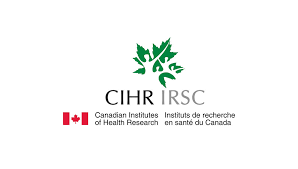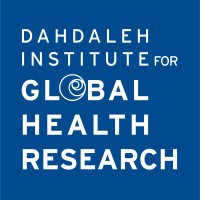Pandemic Prevention and Global Governance
Why focus on this topic?
Actionable evidence focused on preventing the spillover and amplification of emerging zoonotic diseases is critical for preventing future pandemics. This evidence must take into consideration the social, legal, and cultural context in which policies regulating human-animal interactions, occurring in the wildlife trade and food systems, are developed and implemented.
How is this research done?
The purpose of this project is to evaluate the governance gap in stewardship of international wildlife trade and implications for food and health security. Informed by a One Health lens, we take a multi-disciplinary, multi-level approach to analyze the intersection of global biodiversity, environmental, agricultural, and public health governance systems. Specifically we are conducting research with collaborators within three case study countries, namely: China, the Philippines and the Democratic Republic of Congo (DRC).
Within each participating country an institutional and legal epidemiologic analysis will provide policy surveillance and mapping of international and national policy. A systems analysis will be used to identify local contextual interdependencies among laws, regulations, and their implications for the behaviour of social and political actors and communities supplemented by in-depth qualitative case studies.
What do we expect to find and why does it matter?
The empirical evidence from these analyses will be integrated into a report and set of policy recommendations that will be utilized in a process to inform the development of a policy design and implementation toolkit for international organizations, national and local stakeholders who will be engaged throughout the research process. Findings from this study will inform development of novel policy solutions for international organizations, as well as national and local stakeholders.
Sources


